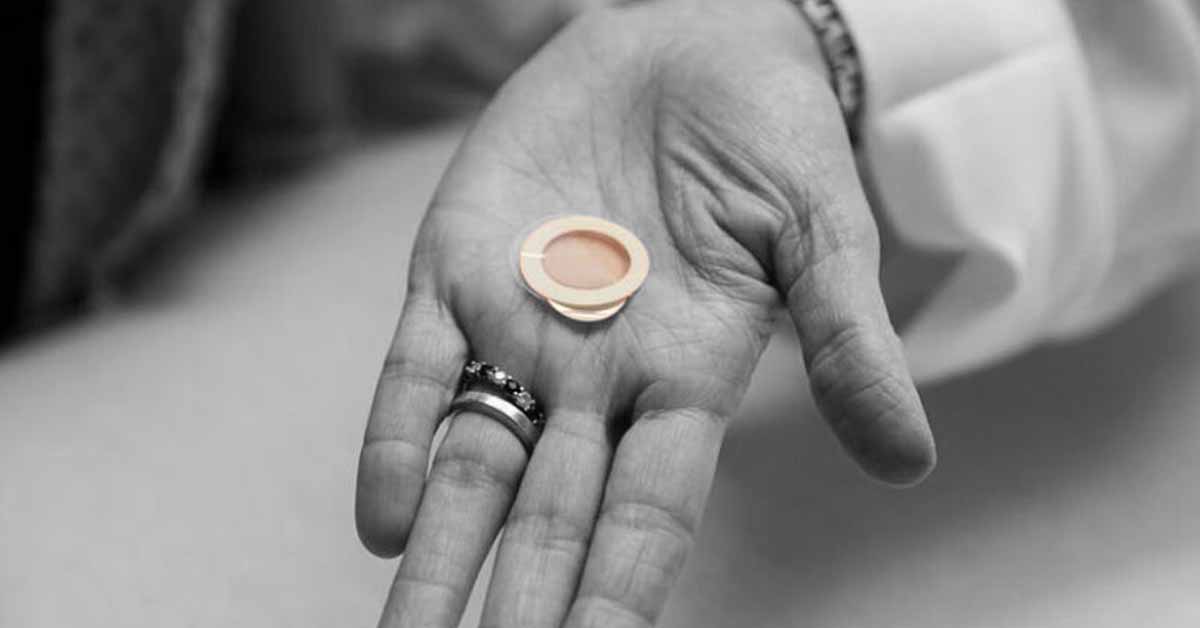According to study results presented at the AAAAI annual meeting in San Diego last week, VIASKIN® Peanut — the “peanut patch” therapy to desensitize patients with peanut allergy — continues to build tolerance through 60 months.
The PEPITES study comprised 356 children aged 4-11 years who wore either the VP250 peanut patch or a placebo. VP250 is the designation for the Viaskin Peanut patch containing 250μg of peanut protein.
Next, 298 eligible participants were enrolled in the PEPITAS Open-Label Extension PEOPLE) with 87 receiving the treatment over 60 months.
The percentage of children responding to treatment increased from 39.1% at the conclusion of PEPITES to 52.9% at 36 months and 73.3% at 60 months.
The percentage of children who achieved an eliciting dose of 1000mg or more, the equivalent of 3 or 4 peanuts, increased from 33.3% at the conclusion of PEPITES to 48.3% at 36 months and 66.7% at 60 months.
This data suggests that long-term VP250 peanut treatment patch in children with peanut allergies may lead to an accumulation of clinical benefit with high treatment compliance, making this a valuable option for children with allergies.
Said lead author Dr David M Fleischer:
I am pleased with the long-term results generated from the PEOPLE open-label extension study with the VIASKIN peanut patch. It is promising that more than 73% of participants were treatment responders, especially in an adolescent patient population, with two-thirds consuming 3-4 peanuts at month 60. We know that VIASKIN peanut patch is a well-tolerated product with a promising safety profile, which is further supported by an average treatment compliance of 93% of participants up to 5 years. In line with other allergen immunotherapies, these data show that increased benefit is achieved over time.






